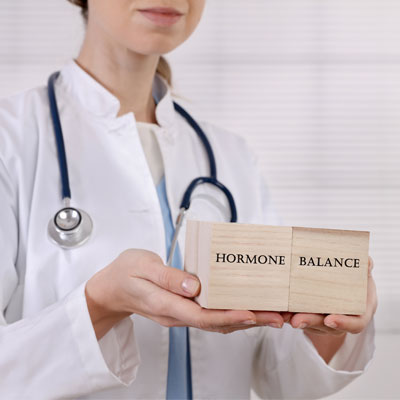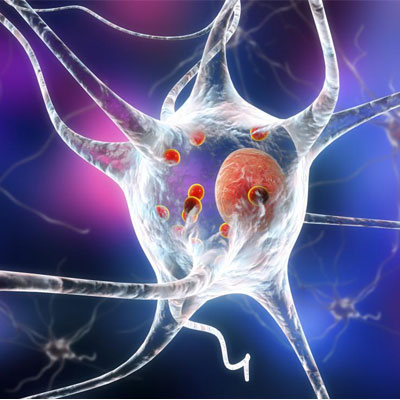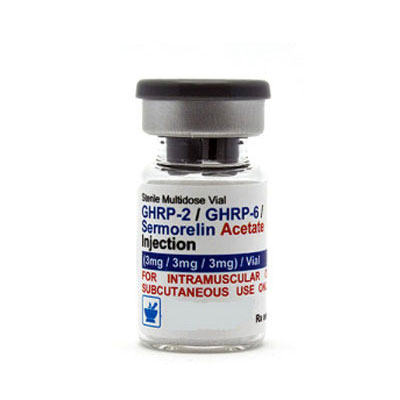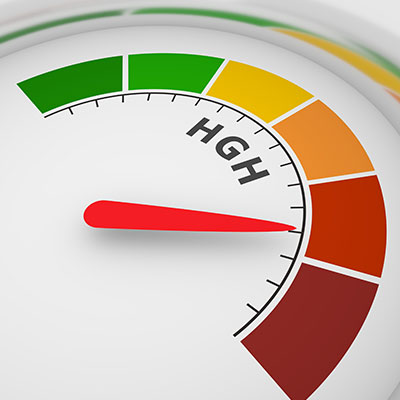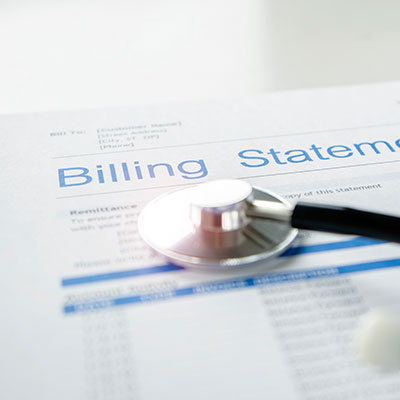Contents
Your hormone doctor prescribed HGH injections when you received a diagnosis of growth hormone deficiency. Perhaps you have been using this treatment for six months, one year, or longer. The results have been transformational, but what happens when you stop taking HGH? Will you return to how you were before you began HGH therapy?
Adults with growth hormone deficiency typically experience many symptoms of age-related decline. Some, like wrinkles, gray hair, and blurry night vision are bothersome. Others, such as high blood pressure, decreased bone density, and internal organ shrinkage can impact your health.
No one wants to return to a time when he or she had low libido, frequent colds, or high cholesterol. Having a trimmer, more physically toned body is better than being a mound of flab. It is natural to fear a return to one’s former self before HGH injections improved your life.
A commonly asked question is does taking HGH stop natural production of growth hormone. The answer could be yes or no. By increasing HGH levels, the body may sense that it does not need to produce that much on its own. However, that does not have to be the case.
If you followed your doctor’s recommendations for making some simple lifestyle changes while using HGH, you probably still produce enough of this hormone to help you get through this time without much of a transition.
Stopping HGH therapy could result in a return of previous symptoms if you do not take steps to improve your body’s growth hormone production.
How Does Your Body Change After HGH Therapy Ends?
When you stop taking HGH, you no longer provide your body with supplemental growth hormones. That means your Trusted sourcePituitary GlandHormone Health NetworkGo to sourcepituitary gland must take over and do all the work. If you are not helping it along as the doctor recommended, you may gain weight, lose muscle mass, and start to feel tired again. Your body will begin to experience the aging signs of growth hormone decline.
Of course, if you do step up to the plate, which you should have been doing all along, you might not have any problems. We will cover the steps you can take to maximize HGH production in the next section.
What happens when you stop taking HGH injections?
In the worst-case scenario, you will begin to experience the many symptoms you have before you started treatment.
That may include:
- Joint pains
- Brain fog
- Depression
- Hair loss or thinning
- Sagging, dry skin
- Muscle loss
- Mood swings
- Low sex drive
- Weight gain
- Frequent illness
That is only a partial list of growth hormone deficiency symptoms. Of course, it will not all happen overnight. It takes months of GH decline to get that way. You can try stopping HGH, and if you notice any of these changes, you can take action to right the situation.
Can You Maintain HGH Benefits After Stopping Treatment?
When you stop taking HGH, you have the power to maintain the benefits you achieved. Making a few tweaks to your lifestyle may be all it takes. Of course, you should have been doing this all along.
Here are the things you can do before and after stopping HGH therapy to maintain your benefits:
- Get better sleep – go to bed by 10 pm (11 at the latest) and get seven to eight hours a night. That maximizes the amount of growth hormone your pituitary gland can secrete while you sleep.
- Reduce your stress load – the more stress in your life, the higher your cortisol levels will get. Cortisol is the enemy of growth hormone and inhibits its secretion.
- Get proper exercise – that means performing high-intensity interval training exercises three times a week for no more than 30 minutes. Avoid extended periods of cardio and work your muscles with weights three times a week.
- Try intermittent fasting – by eating all your food during a six-hour window, you force your body to secrete HGH. Avoid sugar and fried, fatty foods. Consume a healthy, nutritious diet.
You promote your body’s own natural secretion of human growth hormone.
Can You Restart HGH Therapy After Stopping Treatment?
You may also wonder about restarting HGH therapy after stopping. Yes, that is always a possibility. If you see that your symptoms are coming back, you can begin treatment once again. Some people also decide to remain using HGH but at a lower dosage. That is a conversation to have with your doctor.
We are often asked can I just stop taking HGH cold-turkey, and the answer is always the same. Speak with your hormone specialist. There may be a weaning period depending on your situation. Some people may also want to switch to sermorelin treatment. Sermorelin is a secretagogue. That means it promotes the release of HGH by the pituitary gland. Some people even use sermorelin along with HGH therapy to increase growth hormone levels directly while also boosting production.
Sermorelin is a safe alternative to HGH therapy. It will help increase growth hormone production after you stop HGH injections. You may want to consider that for a short or extended time.
If you still have questions about what happens when you stop taking HGH, please contact us. Consultations with a medical advisor at our hormone clinic are free and confidential to men and women throughout the US.
Options after stopping HGH therapy include restarting treatment, lifestyle changes, or sermorelin therapy to increase growth hormone production.
- Natasha M Appelman-Dijkstra, MD., PhD., Marnick Rijndorp, Nienke R Biermasz, MD., PhD., Olaf M Dekkers, MD., PhD., Alberto M Pereira, MD.
- F J Cowan, W D Evans, Phd., J W Gregory
- A Juul, Phd., N Vahl, J O Jørgensen, J S Christiansen, MD., Phd., S B Sneppen, U Feldt-Rasmussen, PhD., N E Skakkebaek
Effects of discontinuation of growth hormone replacement in adult GH-deficient patients: a cohort study and a systematic review of the literature
Metabolic effects of discontinuing growth hormone treatment
Consequences of stopping growth hormone (GH) therapy in young GH deficient patients with childhood onset disease


